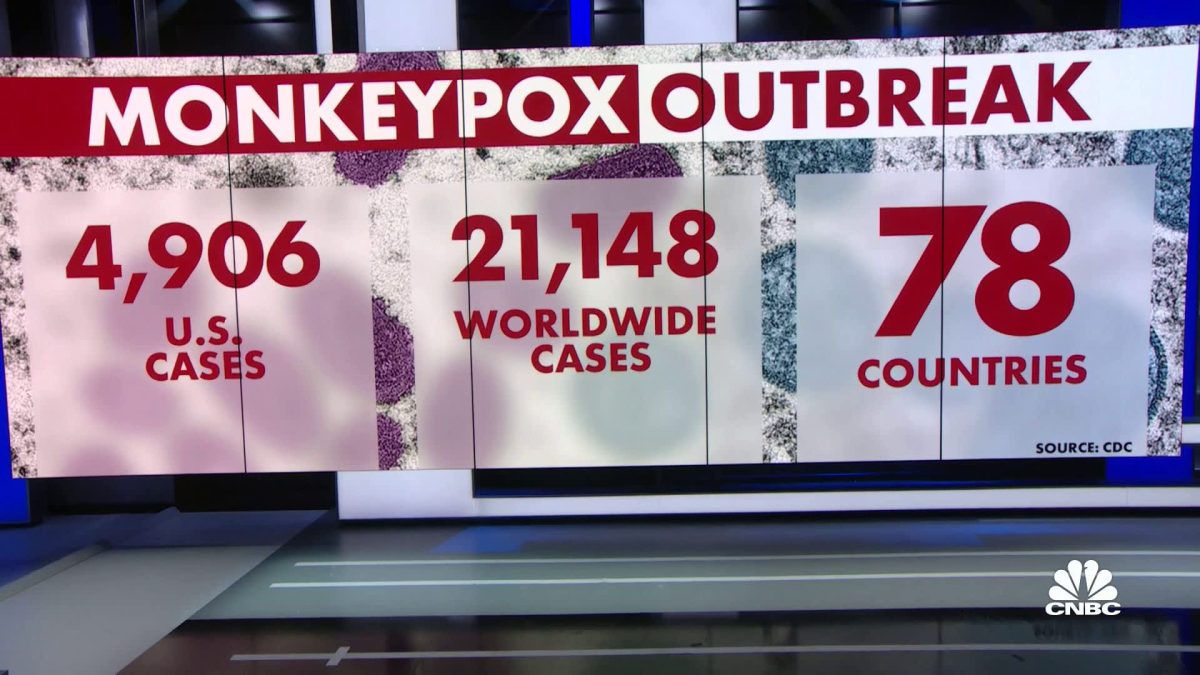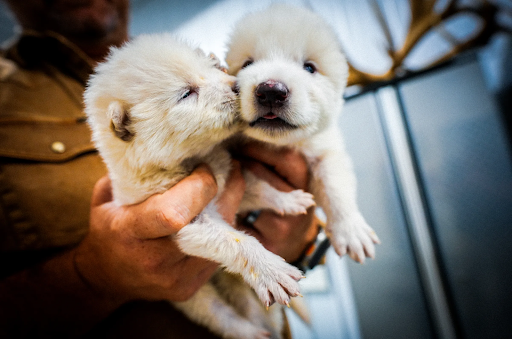Monkeypox is a harmful disease that can transpire in humans and even wildlife. It was first discovered in 1958 when two cases occurred in colonies of monkeys kept for research. The disease is most common in Central and West African countries, but recent cases have been reported worldwide especially in Europe and the US. People with Mpox become very sick and are at serious risk of death if not treated properly. When first getting monkeypox, the skin becomes infected and inflamed with bacteria and can continue getting worse.
There are two types of Monkeypox infections which include Clade I and Clade II, clade I is more severe in illness and Clade II is less severe in illness. The recent global spread of monkeypox is transferred from human to human. The spread of the virus usually occurs when traveling internationally or making close contact in excessively populated areas. Initially, monkeypox was transferred from animals to humans through direct contact with the blood and bodily fluids. Human to human contact occurs through the respiratory system, contact with body fluids, or contaminated materials.
Some symptoms and signs of monkeypox include a fever, headache, muscle aches, and a harsh rash. The rash progresses from starting as flat red spots, next becoming gigantic bumps, then turning into blisters, and finally forming scabs. The rash often starts on the face and then spreads to other parts of the body. While there is no specific cure for monkeypox yet, some helpful treatments like tecovirimat can be effective in containing the symptoms and reducing the infection of the disease. It’s important to start treatment quickly if noticing any of these potential signs.
Preventing monkeypox involves several measures. Vaccination is a favorable strategy, especially for those at higher risk, such as doctors, high in age people, and people in close contact with infected individuals. Good hygiene practices also help, such as regular handwashing and avoiding close contact with infected animals or people, are also crucial. In areas where monkeypox is more common, minimizing contact with wild animals and ensuring no cross contamination when touching the face or cooking.
Monkeypox is starting to become a big problem, and it’s worrying a lot of people, especially students that have heard about it. Jorja Payne, a student from Saugus High School states that “After hearing about the news of the monkeypox outbreak, I am getting very concerned and people all around the world should start taking precautions.” Due to this strong statement, the world is seeing how the virus is spreading more than it used to, and especially how cases are popping off left and right where it hasn’t been common before. This makes it harder to control and prevent the virus so now schools are going on lockdown to ensure the safety of students. By staying alerted and informed, the world can work together to reduce the impact of monkeypox and keep the community safe.
In conclusion, monkeypox is becoming a serious disease, so understanding its symptoms and prevention methods can help manage and reduce its effect on the world. With proper measures, including vaccination and good hygiene practices, the spread of monkeypox can be controlled. Awareness of the damages of monkeypox is key to find out better health outcomes for affected communities.













